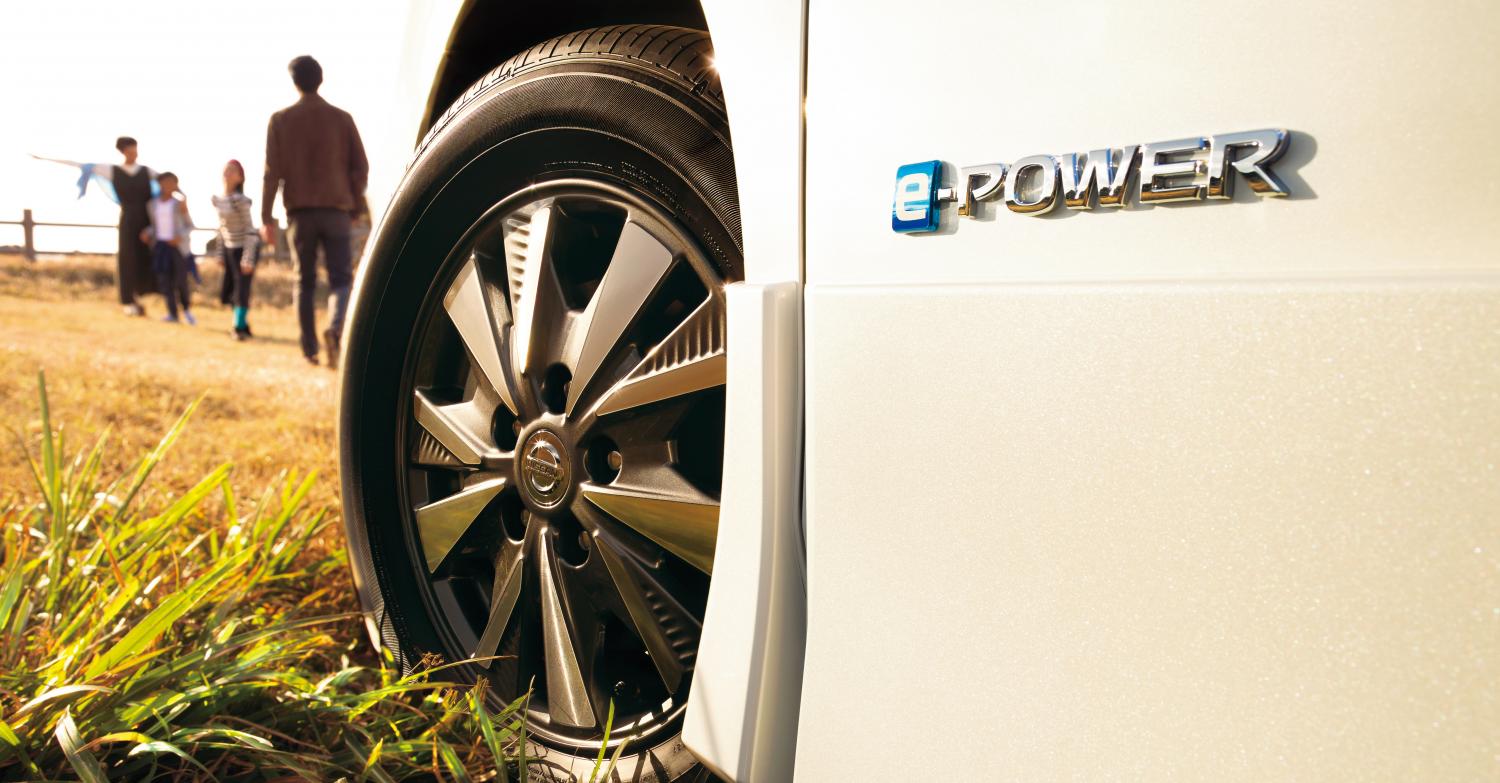
Nissan Motor Thailand has confirmed the beginning of an almost 11-billion-baht investment to produce hybrid vehicles with its e-Power technology this year at facilities in Samut Prakan.
The plan is part of the government's electric vehicle (EV) scheme for which Nissan won Board of Investment (BoI) privileges in July 2018.
After being granted the incentives, Nissan was frequently queried by the media about the schedule and details of e-Power technology in Thailand, but the carmaker did not provide any updates until recently.
Four Japanese companies participated in the EV scheme and won investment incentives for hybrid EVs. Toyota and Honda have been producing hybrid technologies for the Thai market since 2018 and 2019, respectively.
Nissan will become the third company to embark on a hybrid EV project with BoI incentives, leaving only Mazda to update the hybrid plan.
"Nissan is committed to launching the e-Power technology locally in 2020, but cannot reveal further information about certain schedules or planned models," said president Ramesh Narasimhan.
Nissan is marketing e-Power cars in Japan and plans to introduce this technology in other countries. There are two e-Power models: Note and Serena.
The Note is sold in Thailand as part of the eco-car segment.
E-Power borrows from EV technology, but adds a gasoline engine to charge the high-output battery when necessary. This eliminates the need for an external charger, while offering the same high output as standard EVs.
The e-Power technology is quite similar to the hybrid version.
In addition, Nissan won BoI EV incentives in January 2019 to assemble batteries for its own e-Power cars with a project worth 470 million baht.
Mr Narasimhan said e-Power investment in Thailand is part of Nissan's three-year business plan to increase production capacity and develop new vehicles.
He announced previously Nissan would set aside roughly 10 billion baht for this plan in 2020-22.
"Nissan is working on a business plan that has yet to be finalised and some investment details could still change," said Mr Narasimhan.
Thailand is Nissan's production hub in Southeast Asia, based at Bang Na-Trat Road KM21. Nissan operates two plants, for both passenger cars and pickups, with an annual production capacity of 295,000 vehicles.
The company produces the Navara, Teana, Terra, Note, Almera, March, Sylphy and X-Trail models.
The operation employs 5,000 workers, he said.
"In 2019, Nissan hired 930 new workers at the Samut Prakan facilities to support new models such as the Almera eco-car for the Thai market," said Mr Narasimhan.
Before this massive investment, Nissan completed a plan to invest 11 billion baht announced in late 2012.
Under the previous budgets, nearly 10 billion baht was spent on Nissan's second plant to increase the production capacity by a further 75,000 pickups.
The remainder of the budget went to the Nissan Technical Center Southeast Asia, the third overseas testing centre outside Japan and an R&D hub in Southeast Asia.
In Thailand, Nissan sold 59,572 vehicles during the first 11 months of 2019, representing a 7.1% fall year-on-year.
The brand ranked fifth locally, capturing a 6.5% market share.
Some 50% of Nissan's local sales were from the eco-car segment.